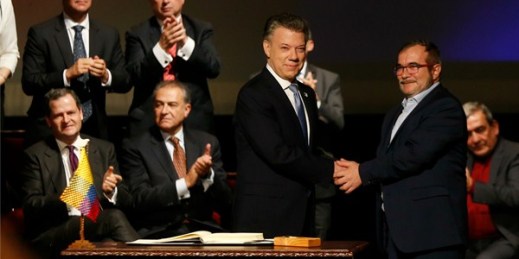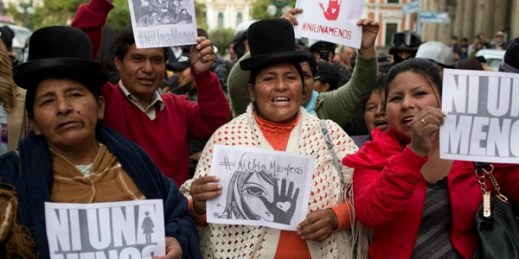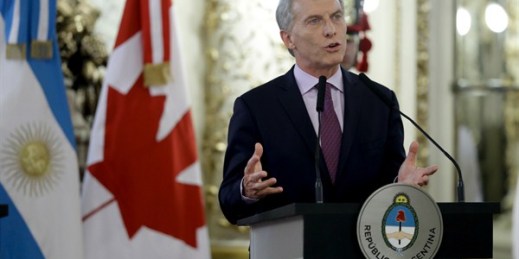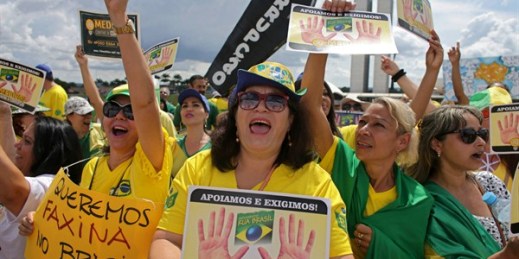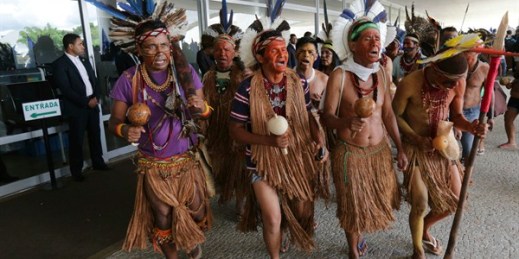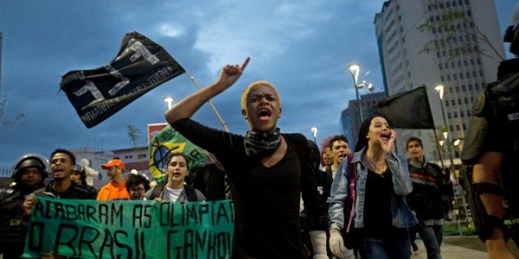
The paint around the front doors of the law building at the Federal University of Rio de Janiero (UFRJ) is flaking, but the inside remains pristine. Yellow walls stretch upward to meet high ceilings, while sizeable busts and oil portraits of the faculty’s founders stare watchfully on. But recently, they have been watching something unusual. Every evening since early November, 25 students have been sleeping in tents inside the faculty building in protest of a constitutional amendment, PEC 55, which was being reviewed by the government. On Dec. 13, it was approved, sparking protests across the country. Brazilians, and especially […]

